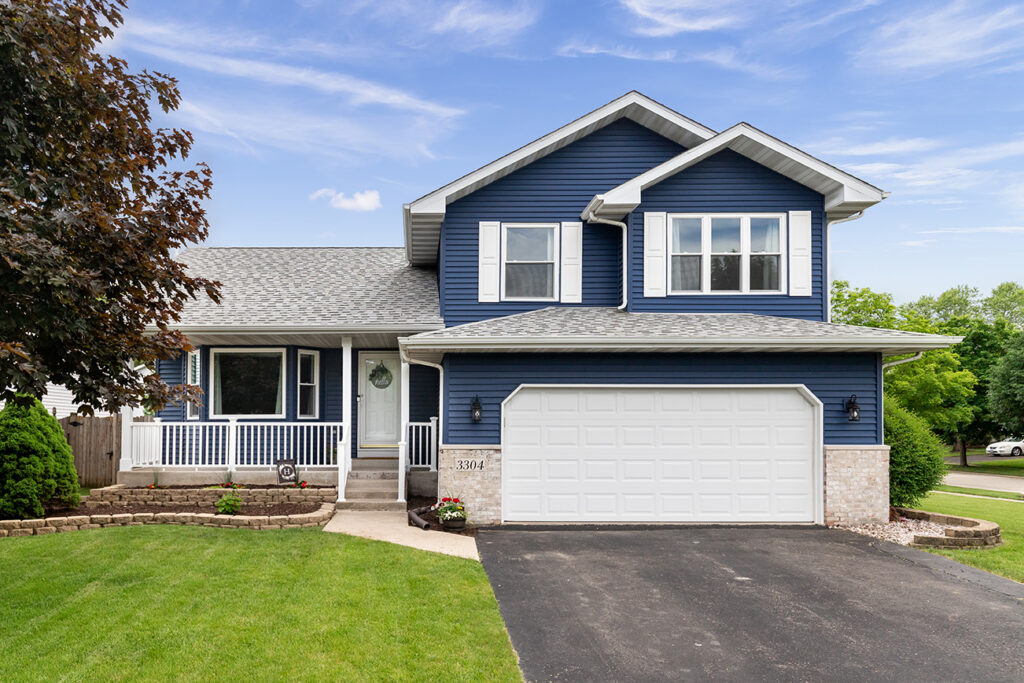advice
Condominiums
When you’re ready to buy a home, your lifestyle plays a big part in your decision. Identifying your habits and preferences at the start of your search can save you from wrong turns and wasted time along the way.
What You Need to Know About Condo Living
A condominium (condo) is a building structure that is divided into several units that are separately owned. The individual owners of each unit are members of a condo corporation that is responsible for managing the condo’s property, finances, corporate records, and other related matters.
Condo owners are typically required to pay a monthly fee to the condo corporation. Those fees are put toward the maintenance of shared common areas, building amenities or the exterior of the building structure. Condo owners are responsible for maintenance and repairs within their own separately-owned units.
Let’s Compare: House versus Condo

Single-Family Homes
If you’re looking to put down roots in a home that will evolve along with you, a single-family house may be for you. Single-family homes offer the freedom to create and grow a unique, personalized space, if you wish to be more hands on.
Benefits:
- The freedom to personalize the property to your taste
- The ability to renovate or expand as needed
- Larger personal area and greater privacy
Potential Challenges:
- Responsible for exterior of home and all repairs
- Maintaining lawn, trees and snow removal
- Home upkeep required in homeowner’s absence

Condominiums
For those looking for pride of ownership with fewer homeowner responsibilities, a condo may be a better fit for your lifestyle. Condos provide a low-maintenance place to call your own, with additional benefits you may not have considered.
Benefits:
- Minimal outdoor maintenance required
- Amenities such as pool, gym may be included in fees
- Can be rented out by purchaser
Potential Challenges:
- Multiple close neighbours limit privacy
- Minimal to no control over exterior decorating or repairs
- Extra monthly fees for other communal facilities/areas
Some typical units in the market include:
Apartment-style condos
This building structure is similar to an apartment, with a multi-story building, shared common area, and a hallway to your condo.
Townhouse-style condos
This building structure is similar to a row house, where you have your own entrance and shared walls on either side of your condo.
Detached condos
This building structure is similar to a house, where your condo unit is not attached to another building.
Ask the Experts: Questions for Your Realtor and Lawyer
If you’re considering the purchase of a condominium, you may want to raise some questions with your realtor or lawyer, which include:
- Where are the boundaries of my unit (rooftop, pipes within walls, etc.)?
- Which maintenance and repairs are my responsibility (heating/cooling, pipe leaks, etc.)?
- How many units are owned versus rented?
- How much are the monthly fees and what do they cover (insurance, water, amenity use, etc.)?
- How are expenses planned for and the reserve fund managed (new roof, windows, etc.)?
- What rules or restrictions are in place (pets, parking, guests, etc.)?
Popular Terms
Condominium Corporation
A condominium corporation is a sub-group of property owners who represent the entire group, who make decisions on finances and operations of the common elements. They can also be referred to as a condominium association.
Disclosure Statement
A disclosure statement is an agreement for newly constructed units which outlines common elements and proposed bylaws.
Status Certificate
For resale units; a lawyer will review to ensure fees are up to date, financial status of the corporation, disclosure of judgments or other known risks.
Occupancy Fee
The purchaser of a condominium may move in and pay a monthly fee until sufficient units have been sold to form the condominium corporation.
Special Assessment
If the reserve fund cannot cover an urgent repair, such as a roof replacement, the board may levy a special assessment to cover the expense.

Ready to buy your first condominium or have questions?
Meet with a Coach to ask questions, or start a pre-approval. Libro will require information about your current financial situation for a pre-approval, including:
- Income
- Outstanding debts, such as personal loans, student loans, credit cards, etc.
- Monthly expenses
